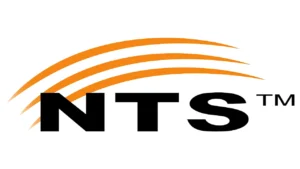The government has unveiled ambitious targets under Prime Minister’s Cashless Economy Drive to target 2 million digital merchants with the aim to expand digital financial inclusion and reduce reliance on cash-based transactions across Pakistan.
According to official plans, the number of active digital merchants is set to rise to 2 million, while mobile and internet banking users are projected to grow from 95 million to 120 million within the next year. Annual digital payment transactions are also expected to double, reaching 15 billion.
A key component of the initiative is the routing of 100 percent of overseas remittances through bank accounts or mobile wallets, compared to the current 80 percent. Authorities believe this measure will curb cash payouts, improve transparency, and strengthen remittance channels.
The State Bank of Pakistan (SBP) has been tasked with expanding mobile banking services and supporting fintech growth nationwide. Committees formed under the initiative are working to accelerate adoption of digital platforms.
Highlighting Pakistan’s digital potential, Minister for IT and Telecom Shaza Fatima said the country now has more than 143 million broadband users, with mobile wallets surpassing traditional bank accounts. She pointed out that branchless banking infrastructure provides a solid foundation for the transition.
Currently, JazzCash and Easypaisa dominate the mobile wallet market. Easypaisa, launched by Telenor in 2009, has transformed into Pakistan’s first digital bank with around 18 million monthly active users, including 14 million app users. JazzCash, introduced in 2012, leads the sector with 21 million active users and strong penetration in rural areas.
READ MORE: CDA Decides to Implement Cashless Economy system
Despite the ongoing Telenor-PTCL merger, Easypaisa maintains a loyal urban customer base. Meanwhile, Ufone’s Upaisa remains limited in scope, and Zong has yet to enter the digital financial services market.
Officials stress that user-friendly mobile wallets, backed by vast agent networks, will be central to driving Pakistan’s shift toward a fully cashless economy.
READ MORE: Pakistan Sets Fees, Timelines for Crypto and Security Device Checks









